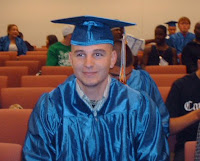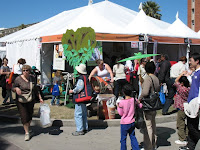One will never know what the impact volunteering has on a person or place until they do it. To be a volunteer you not only have to have commitment, but a passion for what you are doing. Sally Hill is just that, a committed volunteer and has a passion to encourage and promote literacy throughout Tucson.
Sally was looking for volunteer opportunities and researched some places that could give her this information. She came across an article on the Literacy for Life Coalition website for the Project LIFT (Literacy Involves Families Together) program lead by Frederica Torres. There could not have been a better time for Sally to reach out to Frederica.
Sally has taught the first grade for ten years and was a pre-school teacher for five. She received her master’s degree from the University of Arizona with a degree in Language, Reading, and Culture with an emphasis on early childhood literacy.
“I originally found out about Project LIFT when I was doing research for my Masters project,” said Sally. “I called the library and they directed me to Frederica as the person who could help me. I was attracted to this program because it teaches parents the importance of reading. Parents are a child’s first teacher, so it is important that they realize the major impact that reading has on young children.”
Before Frederica was contacted she was busy trying to organize a plan to create a new curriculum for this program. Frederica was not sure when she would have the time to be able to devote the necessary time to this new project until Sally Hill contacted her.
“Reading is a way to learn about people and places that are new and different,” said Sally. “Reading is a way to visit different worlds and meet amazing characters. Reading is just plain fun! My desire is to pass on my love of reading to my students.”
Working with Frederica and Project Lift she was able to still promote something important to her and what she loves: literacy.





